Iran’s recently elected President Hassan Rouhani may have reached out to Iranian-American Jews during his visit last month to New York, but Iranian-American Jews aren’t returning the gesture.
Instead, they have responded with cynicism, declaring that recent comments made during Rouhani’s trip to address the United Nations General Assembly were mere attempts by Iran’s leadership to remove Western sanctions on their regime.
“Iran is engaged in a thoughtful and extensive public relations and propaganda campaign to rebuild its image in order to persuade the easing of sanctions and to buy time for its nuclear weapons program,” said Sam Yebri, president of 30 Years After, an L.A.-based Iranian-American Jewish civic organization.
Sam Kermanian, a senior adviser to the Iranian American Jewish Federations (IAJF) in Los Angeles and New York, confirmed that while the Iranian mission at the United Nations invited members of both federations to a dinner reception with Rouhani during his visit to New York, no IAJF leadership attended.
“A number of factors went into the decision [not to attend],” Kermanian said. “Chief among them was the concern that such a meeting will be misinterpreted by our friends as an endorsement and serve to mislead them into believing that Iranian Jews no longer face any issues under the regime or have any concerns.”
One issue traced back to Rouhani’s perceived failure to strongly condemn the past Holocaust denial statements of his predecessor, Mahmoud Ahmadinejad. When asked by the media about his own views, Rouhani responded, “I am not a historian.”
Likewise, officials with the IAJF said they were disappointed that the Iranian delegation brought with them Siamak Moreh Sedgh, the only Jewish member of the Iranian parliament. They said he is vehemently anti-Israel and only serves as a propaganda tool for the Iranian regime to claim that they are supposedly friendly to Jews.
Iranian-Jewish leaders and activists in the United States said Moreh Sedgh has little credibility in their eyes because of his sworn and blind allegiance to the regime.
“The main functions of a Jewish member of parliament in Iran are keeping the Jews in line and acting as a public relations agent for the regime, said Frank Nikbakht, an Iranian-Jewish activist who heads the L.A.-based Committee for Minority Rights in Iran. “If you read the official text of the oath of office by all members of parliament in Iran, including the Jewish representative, there is a statement that they must protect the Islamic Republic and Islam as a whole, and Moreh Sedgh is living up to that oath 100 percent.”
It is estimated that between 10,000 and 25,000 Jews still live in Iran. Those who remain live in constant fear for their lives and have a second-class status. According to a 2004 report by Nikbakht, at least 14 Jews have been murdered or assassinated since 1979 by the regime’s agents, at least two Jews have died while in custody, and 11 Jews have been officially executed by the regime. Just last November, a 57-year-old Jewish woman was brutally murdered — and her body mutilated — in the Iranian city of Isfahan.
For the past four years, Moreh Sedgh and other Jewish leaders in Iran have been banned by the Iranian regime from having any contact with Iranian-Jewish groups based in the United States, Kermanian said. Leaders of many of the Iranian-Jewish groups based in Los Angeles and New York have long avoided commenting on the status of Jews in Iran and do not openly criticize the Iranian regime for fear of reprisals against the Jewish community still remaining in Iran.
While IAJF leaders did not meet with the Iranian delegation in New York, the Journal has confirmed — by contacting Iranian Jews in New York who requested anonymity due to the sensitivity of the issue to the community — that a few individual Iranian-Jewish businessmen not affiliated with any specific group and living in New York did attend the Rouhani event.
During Shabbat services on Sept. 21, Sinai Temple’s Rabbi David Wolpe informed his L.A. congregation, which has a sizable population of Iranian-American Jews, that Rouhani had extended a request to meet with several members of the area’s Iranian-Jewish community. However, he said, the American Israel Public Affairs Committee (AIPAC) discouraged such a meeting.
“AIPAC was concerned that a meeting would be used for propaganda purposes,” Wolpe told the Journal on Sept. 25. “I was happy to announce that as AIPAC’s position, though I myself didn’t take a position.”
Leaders of various local Iranian-Jewish groups, including the IAJF and 30 Years After, said they were not pressured by AIPAC or other Jewish groups to boycott the Rouhani event and made the decisions on their own.
“It is normal practice for our leadership to consult with the leadership of the larger Jewish community and with other friends, for that matter, on a regular basis,” Kermanian said. “On this subject, too, there have been extensive consultations with the rest of the Jewish community, including AIPAC. The opinions and recommendations of all our friends, which we value tremendously, were gathered and considered, but at the end of the day it was up to our leadership to make the decision.”
AIPAC’s West Coast office declined to comment for the Journal when initially contacted on Sept. 25, and representatives of AIPAC and the Conference of Presidents of Major American Jewish Organizations contacted by the Journal did not return subsequent calls for comment on the Rouhani event.
Other recent efforts by the Iranian regime — including Rosh Hashanah greetings to Jews across the globe via Twitter by the president and his foreign minister — have left Iranian-Jewish activists unmoved.
“The Iranian regime’s leaders believe that Jews were instrumental in Obama’s election and are in control of U.S. policy, so they wanted to get the Jews’ support. Therefore the regime tried this PR stunt with Twitter to influence Jews in the U.S.,” Nikbakht said.
Even if sincere, these efforts are the work of someone who activists see as a figurehead, as Iran’s Supreme Leader Ayatollah Ali Khamenei is ultimately the policymaker in Iran. And while Rouhani may be branded a relative moderate by some, local Iranian Jews said they have been skeptical of him because they followed his pre-election debates in Iran where he boasted about deceiving the West and buying time for the nuclear program as a past negotiator for the regime.
Ultimately, Iranian Jews in Los Angeles said they were not swayed by Rouhani’s outreach efforts last month and will wait to see concrete changes from the Iranian regime before changing their minds.
“In the last 34 years and from the dawn of the Islamic revolution, anti-Semitism and anti-Israel stances have been a fundamental policy of the Islamic regime,” said Bijan Khalili, an Iranian-Jewish activist living in Los Angeles. “Iranians as a whole mostly have been here in exile because of the brutality of the Iranian regime and the violations of human rights by this regime. Therefore, if there is nothing changed in the constitution or the behavior of the regime, then Iranians in the U.S. should not take the lead to communicate.”
For more about the Iranian-Jewish community’s reaction to Rouhani’s trip, visit jewishjournal.com/iranianamericanjews.



















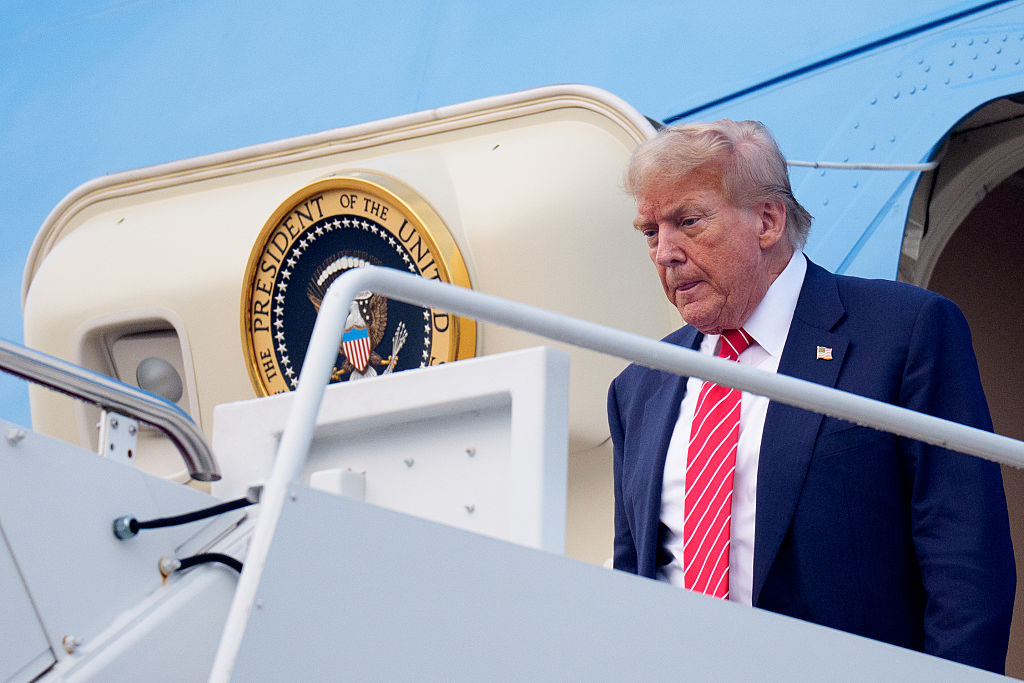
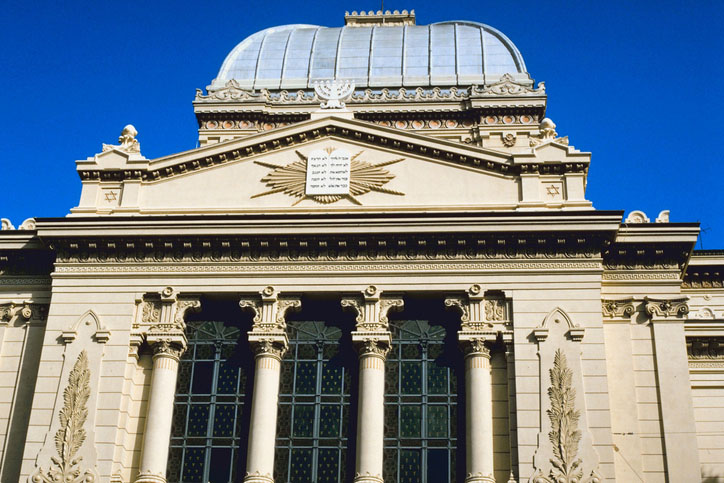
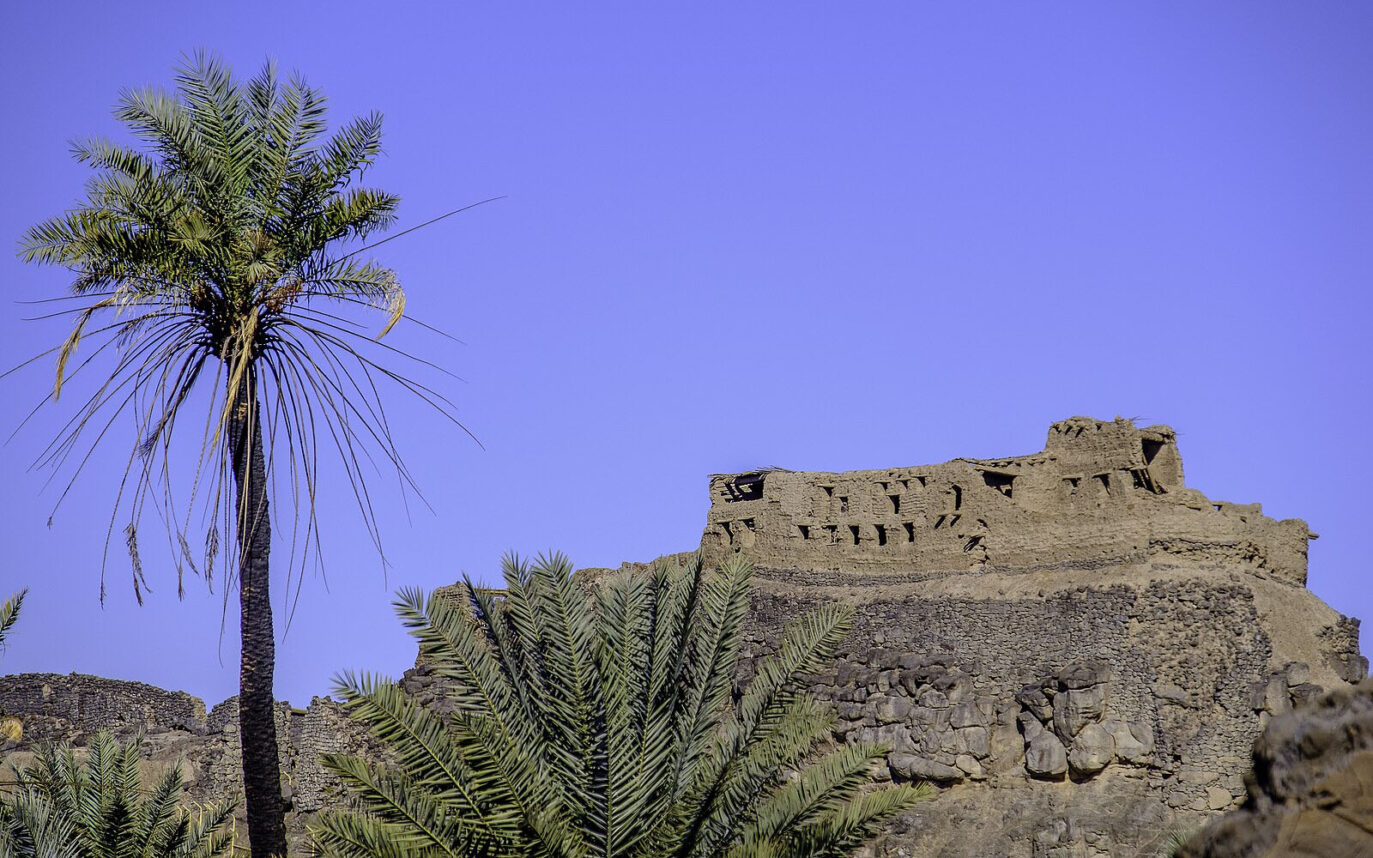
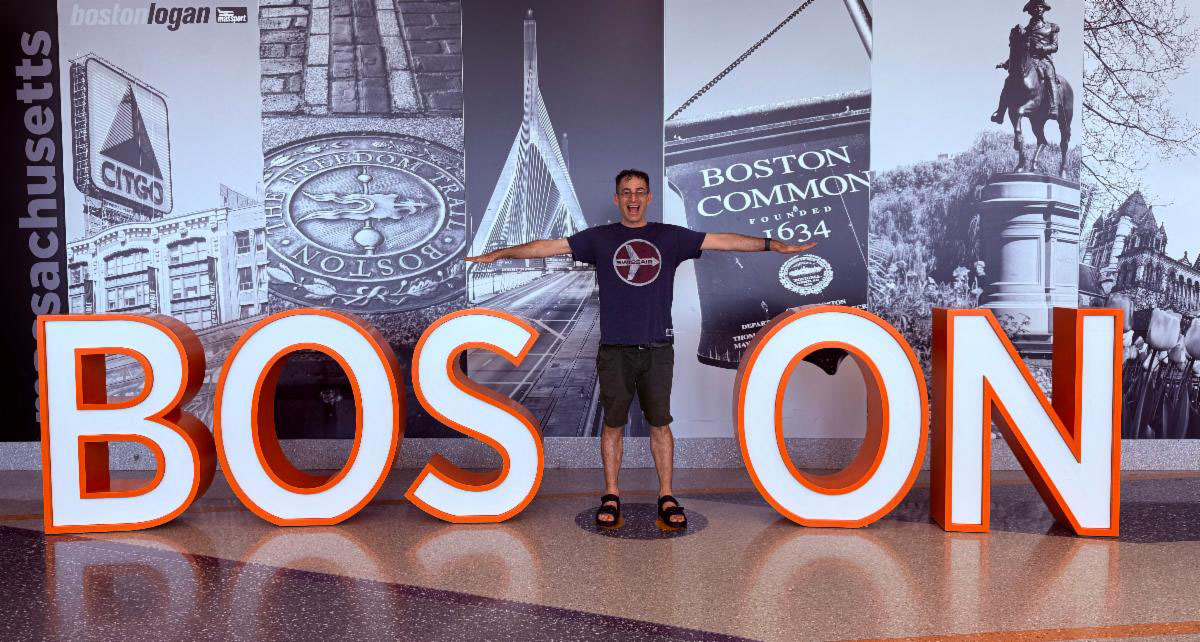
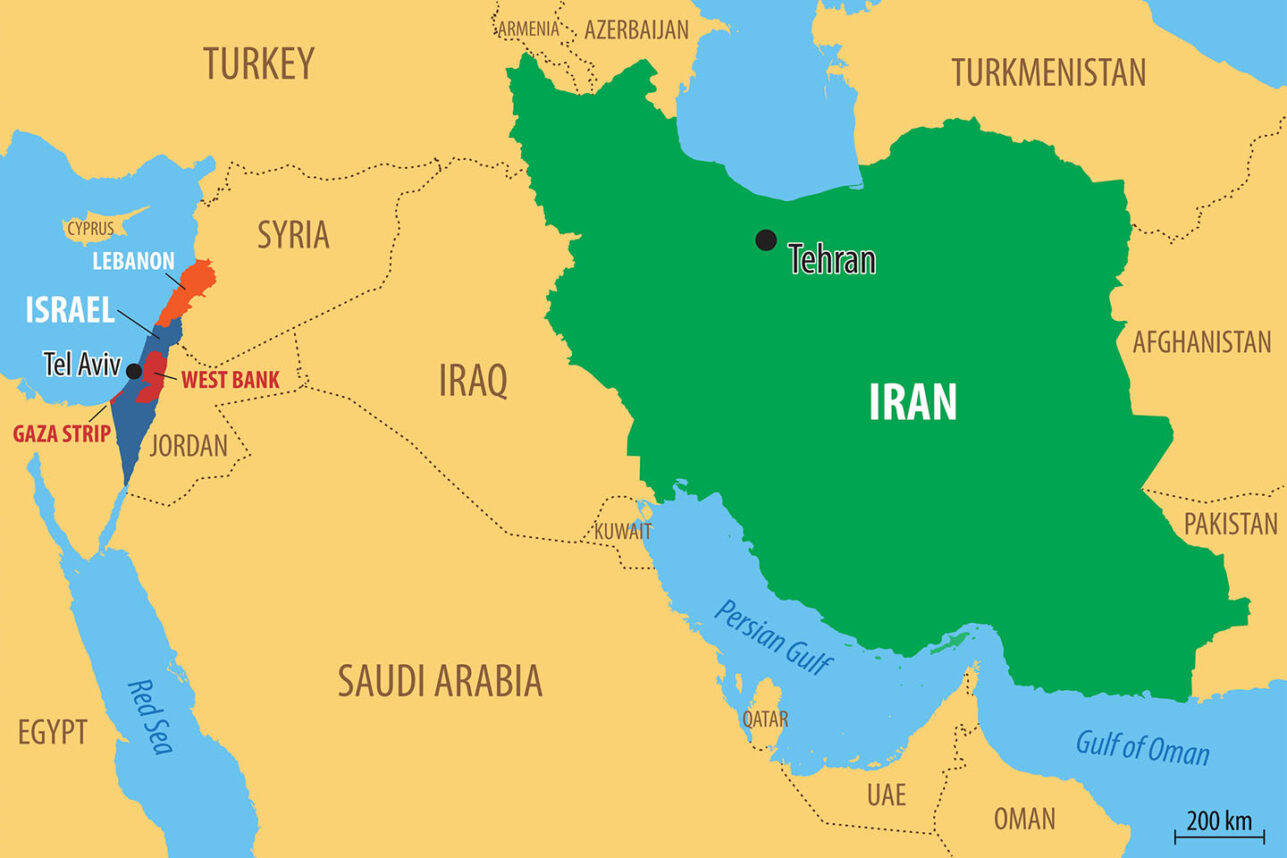
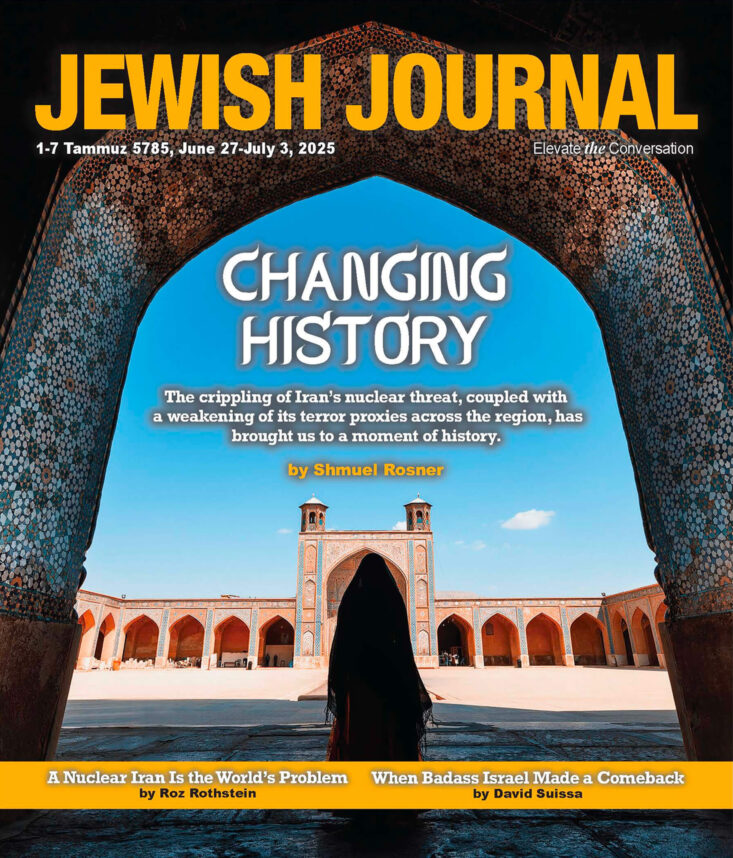
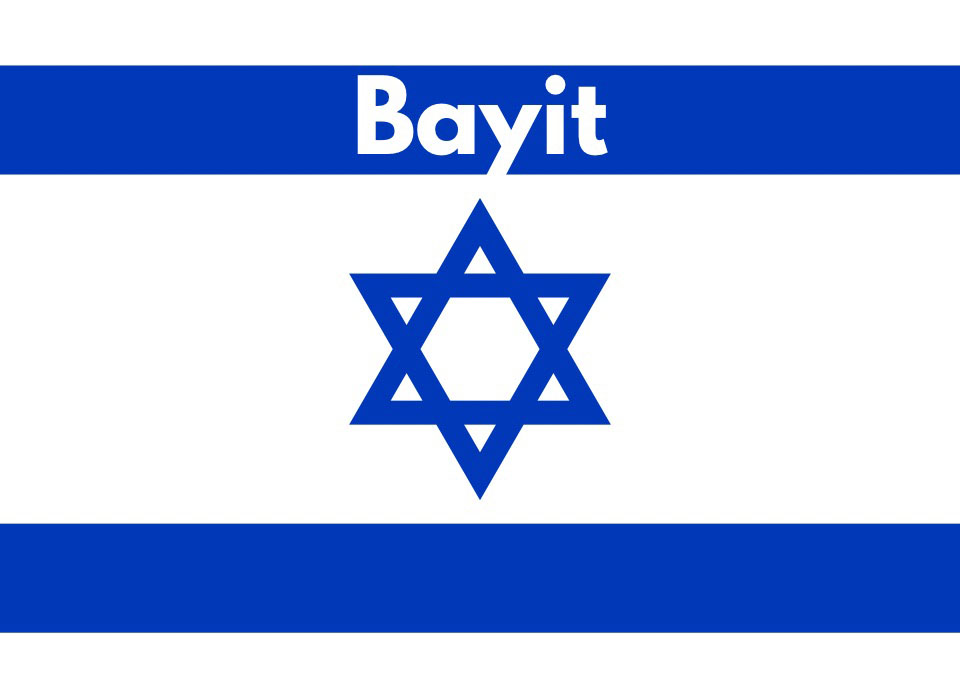


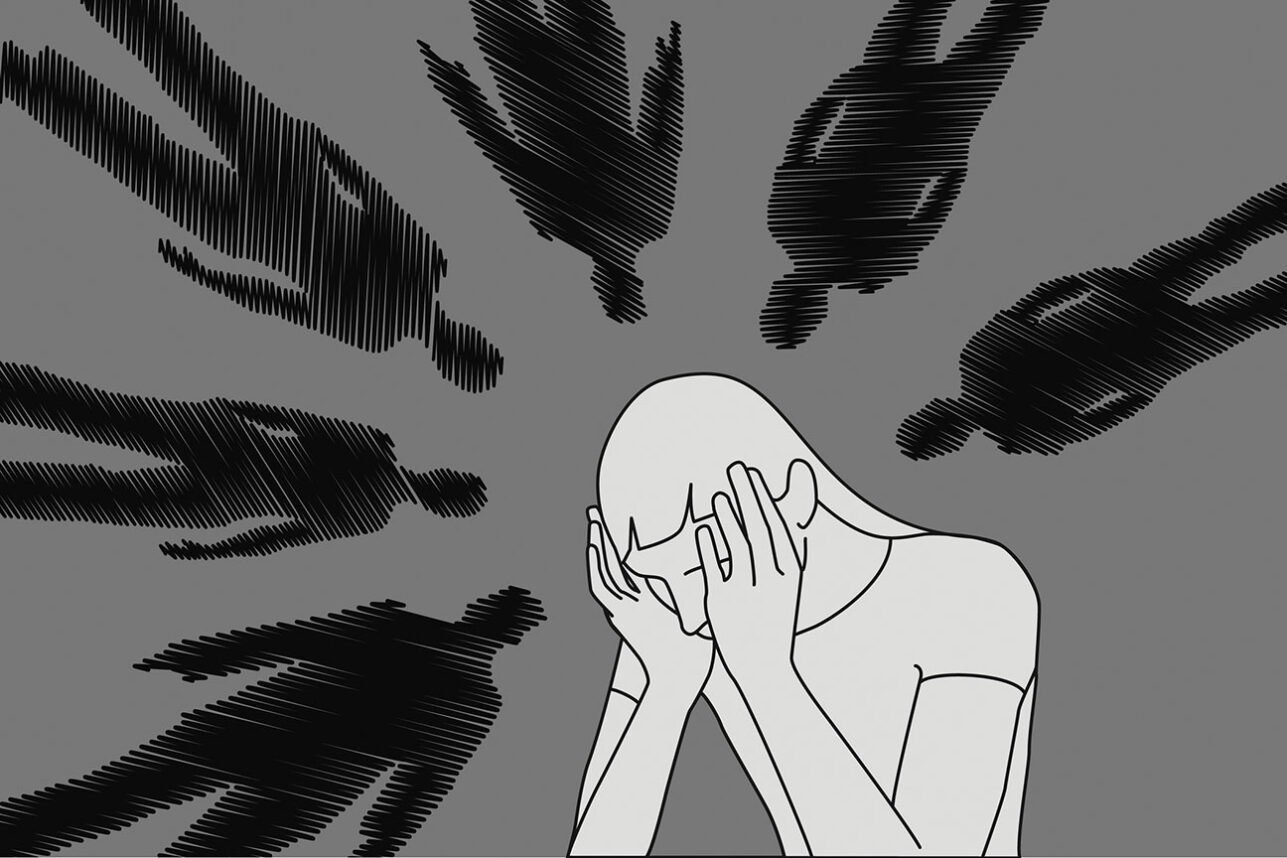
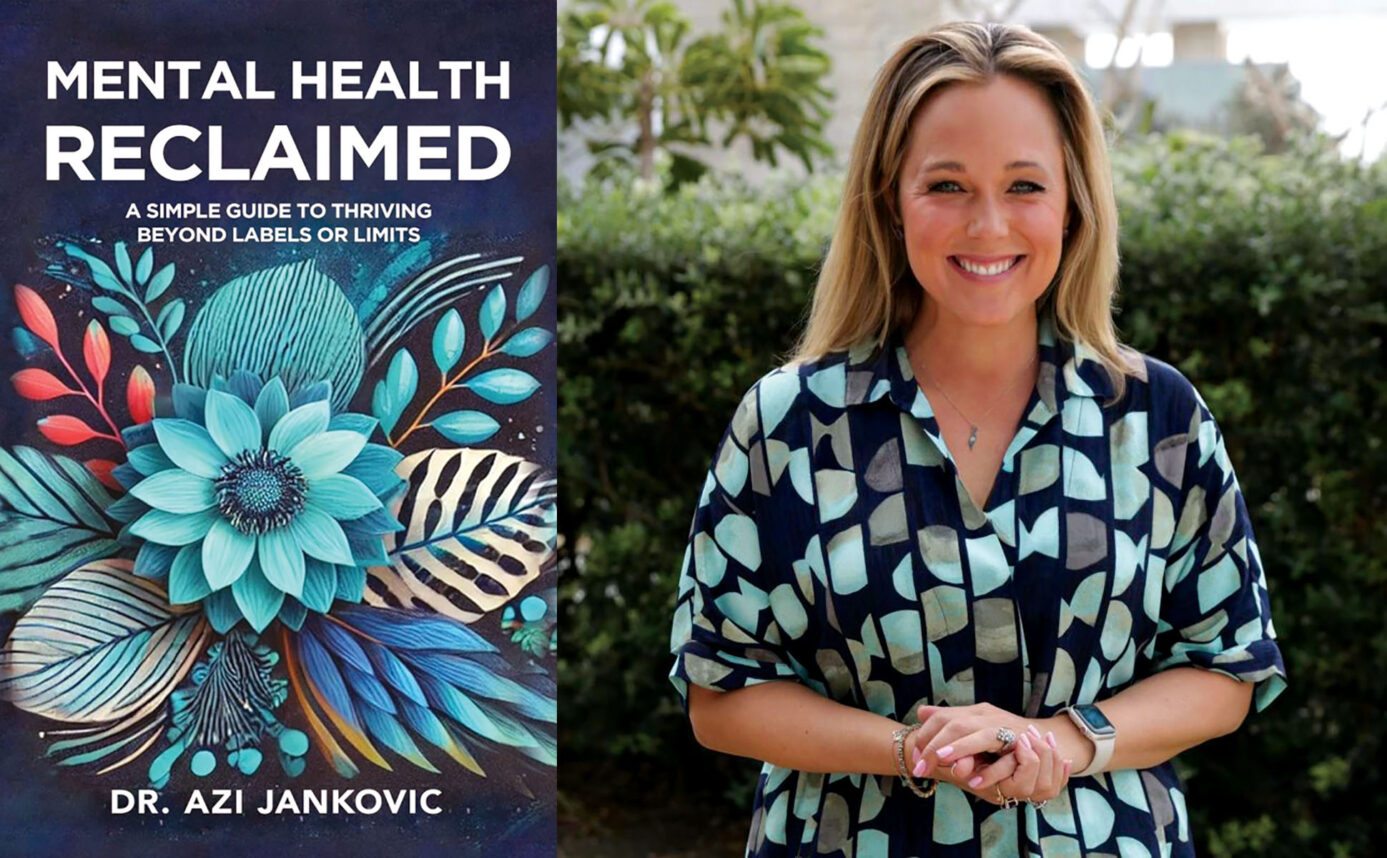
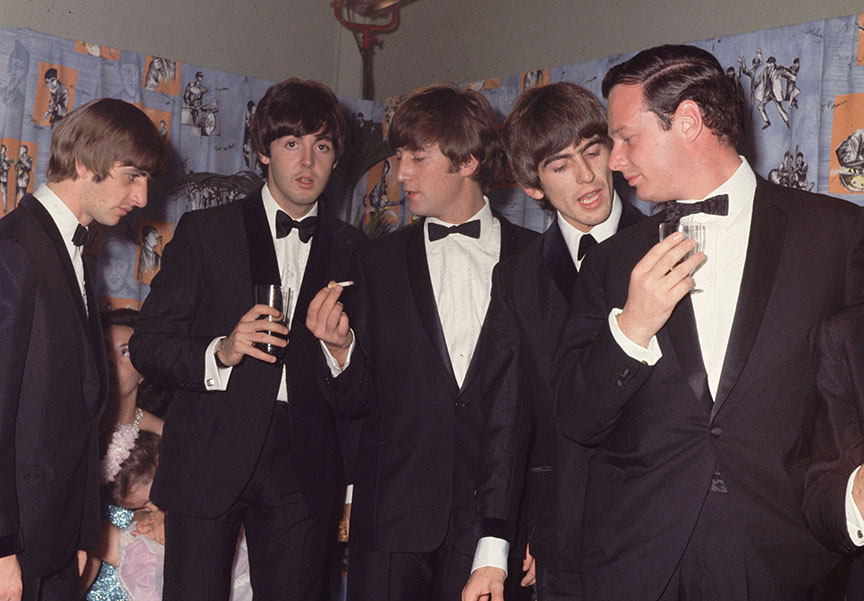
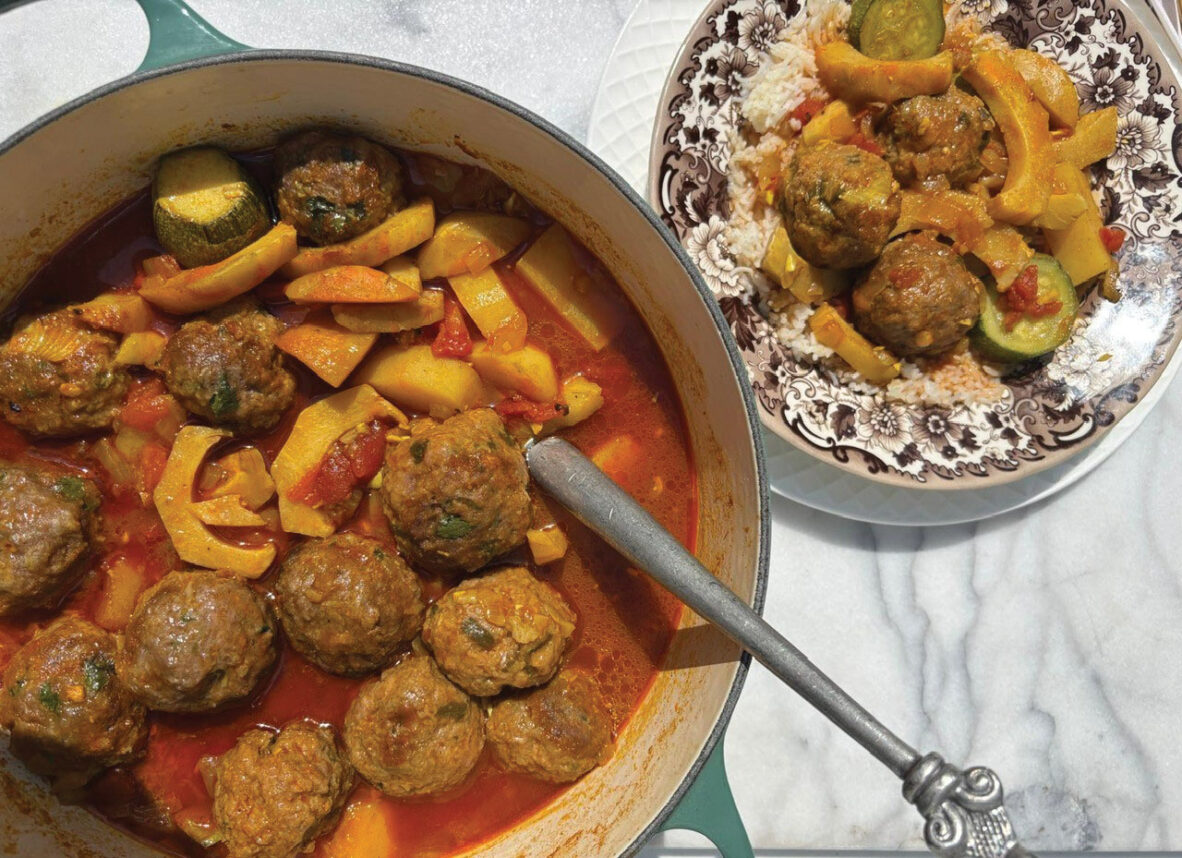


 More news and opinions than at a Shabbat dinner, right in your inbox.
More news and opinions than at a Shabbat dinner, right in your inbox.